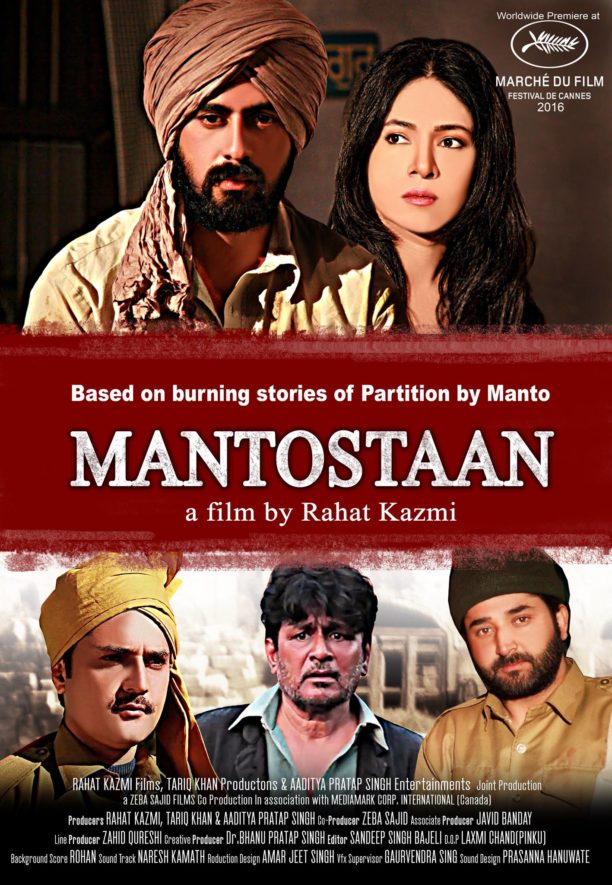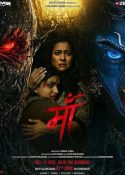Starring: Raghuvir Yadav, Veerendra Saxena, Shoaib Nikash Shah, Sonali Sehgal
Directed by Rahat Kazmi
 The stories of Saadat Hassan Manto are not pretty evening-time entertainment to be ingested with a glass of ‘read’ wine. They are gut-wrenching nauseating, stomach-churning renditions of a time when India was split into two.
The stories of Saadat Hassan Manto are not pretty evening-time entertainment to be ingested with a glass of ‘read’ wine. They are gut-wrenching nauseating, stomach-churning renditions of a time when India was split into two.
So were human skulls and while many fled to the new country nextdoor, a lot of legs were forcibly parted by marauders masquerading as political vigilantes. Yes, rape is not pretty and when a young gangraped girl responds to the simple request ‘Khol de’ by reflexively loosening her salwaar we know the times that this film takes us back to must never be visited again.
This cinematic visit to those troubled times serves up a telling warning.
Director Rahat Kazmi must be commended for bringing to life 4 of Manto’s most savage depictions of the pains of Partition. Rather than narrate the four Manto stories — Thanda Gosht, Khol Do, Aakhri Salute and Assignment — in one linear progression Kazmi meshes the stories together to create a Mantostaan, a universe of Partition stories colliding and clashing with one another in a jostle of horrific images.
Manto’s stories are savage, brutal, unbearably unforgiving of history’s fatally erroneous twists and turns. In one of the stories a dying Indian soldier(Tariq Shah) asks his Pakistani counterpart(played by the director Rahat Kazmi), “Do you guys really want Kashmir? You are being misled by some elements.”
The propagandist pitch of the above exchange is quite in-sync with the mood of retrospective pacification that cinema indulges in ,in order to make the gruesome mistakes from the past palatable, if not forgivable. This is in direct contrast to Manto’s quote at the end of this slight but loaded film where he is heard saying he won’t dress up the brutal truth, because dressing up is tailor’s job, not a litterateur’s prerogative.
The four stories Kazmi has selected give the actors a chance to recreate the ghoulish incidents in rapturous melodrama. Still some actors get a firm grip over the grim goings-on. Raghuvir Yadav as a distraught father of a missing daughter melts your heart. Veerendra Saxena as a Muslim patriarch who refuses to move out of his locality when riots break out, models his character, personality and humanism on Balraj Sahni in Garam Hawa. And newcomer Shoib Nikash Shah as a Sikh haunted by his dirty act during rioting brings much-required heft to the relentlessly grave proceedings.
Not that any of the actors are competing to win Oscars. What carries unmistakable weight over above the execution and performances is the original source material. Saadat Hassan Manto’s stories do not mince words. He conveyed the brutality and inhumanity of the times without apology.
Mantostaan must be commended for opening up Manto’s stories. And never mind if the new space provided for the stories to unfold are never quite filled with the riveting fury of M S Sathyu’s Garam Hawa or Govind Nihalani’s Tamas.
At least someone has dared to look back during these times of modern day mythology at an angry irrational time when civilization lost its humanism. For reminding us how much history’s lessons need to be learnt by successive generations of unattentive thrill-seekers, Mantostaan deserves a place in your heart.











